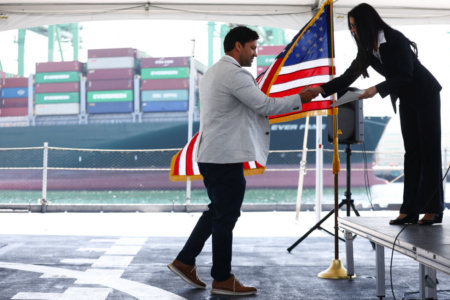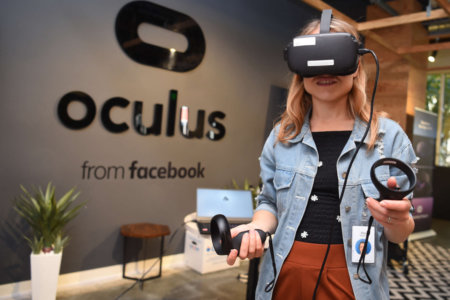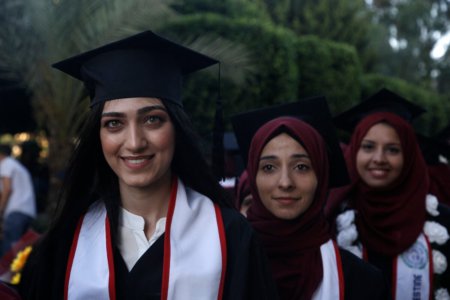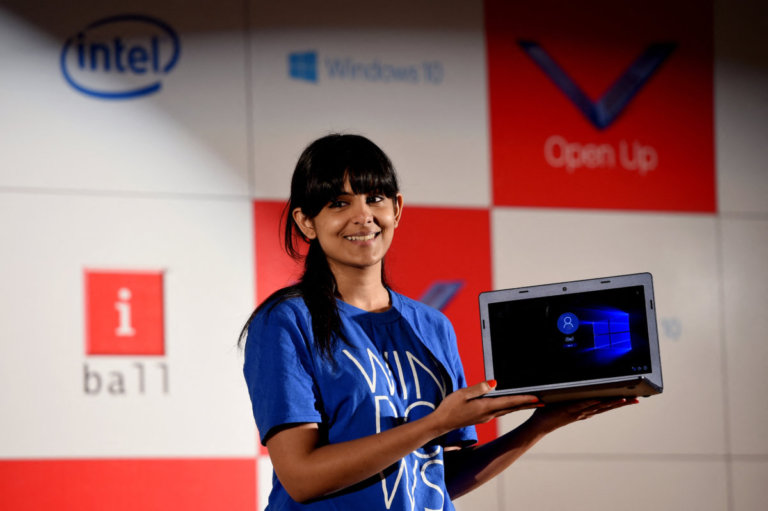
So far this year, the H-1B visa updates have been largely positive for international graduates. President Joe Biden let the Trumpian order banning the visa expire in March, restoring the hopes of graduates who want to work in the US.
High-skilled immigrants holding the H-1B visa work specific professions in the US, particularly in technology. Even graduates in the Optional Practical Training (OPT) programme apply for the H-1B visa to continue working and staying in the US. Now that immigration is easing up for international talent, here are a couple of vital H-1B visa updates to know.
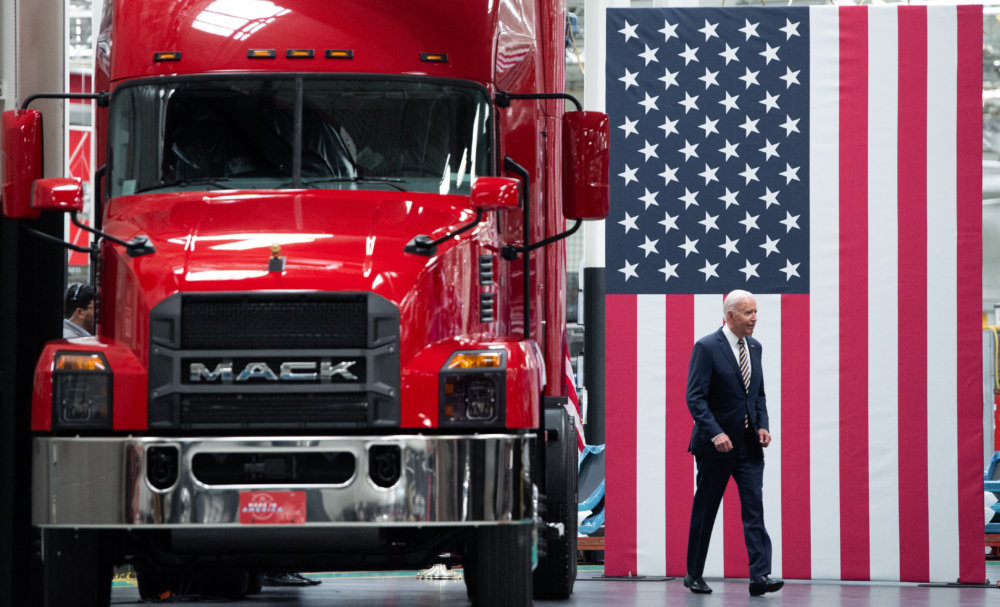
A change of administration is one of the factors transforming US immigration for international graduates. Source: Saul Loeb/AFP
USCIS introduces second lottery
The US Citizenship and Immigration Services (USCIS) recently announced that it would be conducting a second lottery for H-1B visa hopefuls who didn’t make the first cut. USCIS conducted the lottery in June, but it did not fulfil the quota mandated by the US Congress. Now, a portion of the remaining candidates stand a chance to land a spot if they petition by Nov. 3, 2021.
In a statement, USCIS explained that it used “historical data related to approvals, denials, revocations, and other relevant factors” to determine how many H-1B visas will be issued in any given year.
Following its fiscal review, it announced: “We recently determined that we needed to select additional registrations to reach the FY 2022 numerical allocations.” There is an annual cap of 65,000 visas, but the first 20,000 petitions for master’s degree holders (or higher) are exempt from this total.
“The petition filing period based on registrations selected on July 28 will begin on August 2 and close on November 3. Individuals with selected registrations will have their myUSCIS accounts updated to include a selection notice, which includes details of when and where to file,” it said.
To be clear, this does not mean that USCIS will be accepting new applications — rather, it will be reconsidering existing applicants. To file a H-1B visa petition, applicants must submit a printed copy of the registration selection notice along with the FY 2022 H-1B cap-subject petition. You must submit a paper document; online filing is unavailable.
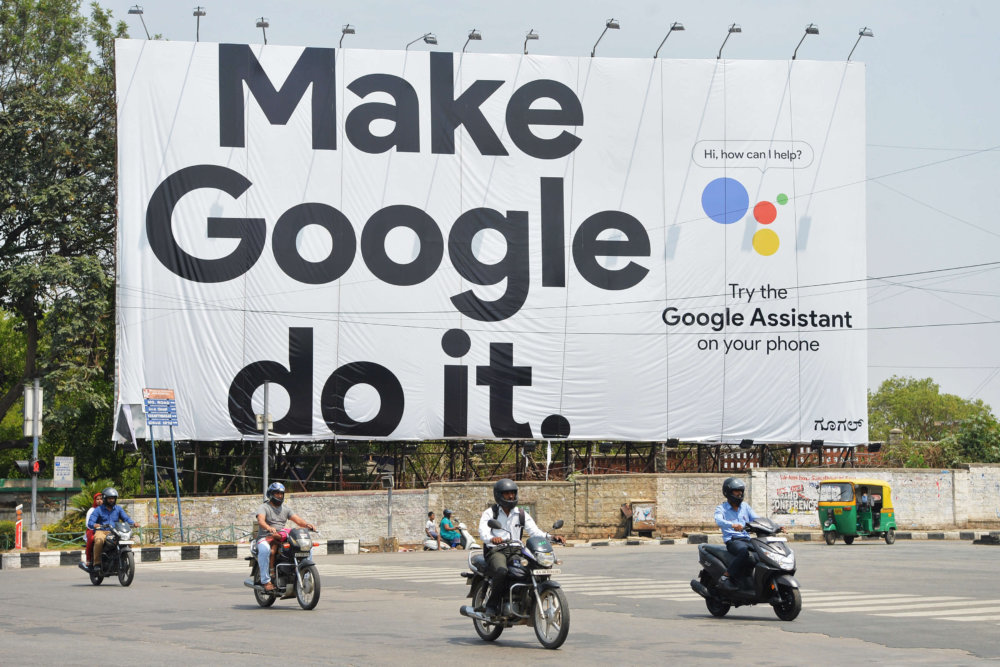
The H-1B visa is popular among tech graduates. Source: Manjunath Kiran/AFP
Rising demand for tech talent in line with H-1B visa updates
The H-1B visa enables international graduates to work in the US for three years at least. Approximately 40% of these non-immigrant work visa holders transfer from the F-1 visa for international students. They largely consist of master’s degree holders from India and China, who stay on to fill up technology positions in some of the largest companies in the US.
Crucial to these H-1B visa updates is the high approval rates of recent draws. The two previous draws had 98.1% and 97% approval rates, exhibiting a more welcoming trend towards international graduates who want to work in the US — particularly in tech companies, which form a large part of the country’s emerging economic drive. The information technology sector is expected to be worth US $5 trillion by the end of 2021, which creates a more urgent need for fresh talent.








